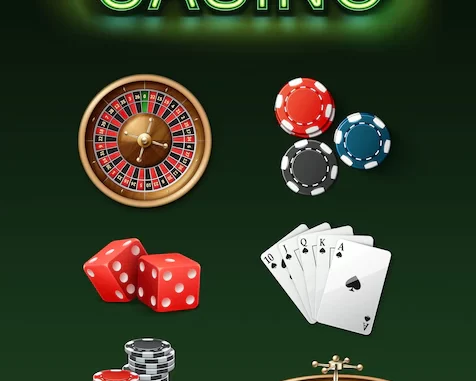
Validity of vouchers
Christmas stands times again in the house and it will lie also in this year again so some coupon under the Christmas tree. Some gift givers make it very easy for themselves with a voucher, because the long thinking about a suitable gift and its procurement and appropriate packaging is correspondingly short.
However not only gift muffel like the coupon, also for the presentee such a coupon – has except the restriction on a special business – quite its advantages. Inappropriate or even double gifts can be avoided with it. Finally the presentee can decide himself, what he buys for the value of the voucher. A further advantage is the possibility of redeeming the coupon only some time after the Christmas celebration. In January or February, prices usually crumble considerably, because traders urgently want to sell the goods they were unable to sell during the Christmas season. Then, practically speaking, you get a bigger gift for the voucher.
Time limit of a voucher
But how much time may one leave oneself with the redemption of a coupon? How long it remains valid? There is always a dispute about this.
Often vouchers carry inscriptions, such as “2 years valid” or “latest redeemable by…”. And also many customers go from a feeling that vouchers have a validity of 2 years and then expire. But are these restrictions really legally tenable?
To answer this, it is first important to know whether the voucher was purchased for a fee or whether it was practically given away by the issuer of the voucher. If, for example, a driving school distributes vouchers with which one can buy a certain number of driving lessons for z.B. 9.90 EUR can be booked, normally a driving lesson would cost around 50 EUR, then the driving school may actually limit the validity of these vouchers in time. For example, to one year, then they can no longer be redeemed.
Voucher
But if the vouchers were bought, bspw. with a textile dealer, in order to exchange it later against commodity in the value of the coupon, then that looks differently. Then this voucher is statute-barred according to §195 BGB in principle with a period of 3 years after the exhibition. However counted from 31. December of the year of issue.
After the expiration of this period, the voucher is but not expired or even worthless. The voucher owner can still cash out the value of the voucher, but minus the compensation for the lost profit margin of the merchant.
In addition, there is also the possibility for the trader to limit the validity of a service in time, also under the o.g. 3 years. For example, a gardener can decree that a paid voucher for the cleaning of the front garden must be redeemed within the next 6 months, because otherwise the then prevailing winter weather would make this activity senseless. After expiration of the 6 months the coupon owner can require no longer the achievement however the payment of the amount paid for the coupon. Only the sales tax paid, which the gardener has meanwhile paid to the tax office, may be deducted from the value of the voucher.
A voucher should therefore be regarded as such and not disposed of lightly. It is a security and will remain so even after it expires. In any case, the voucher does not expire in value.